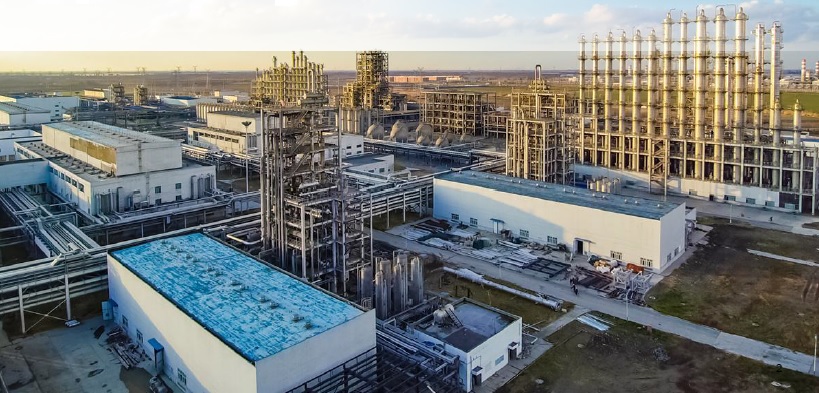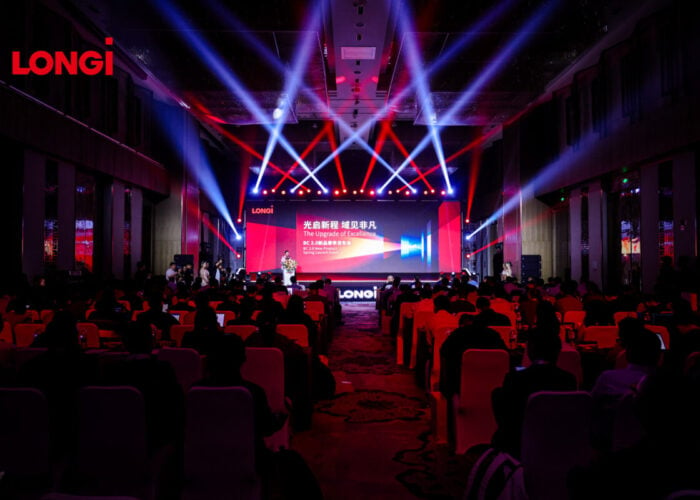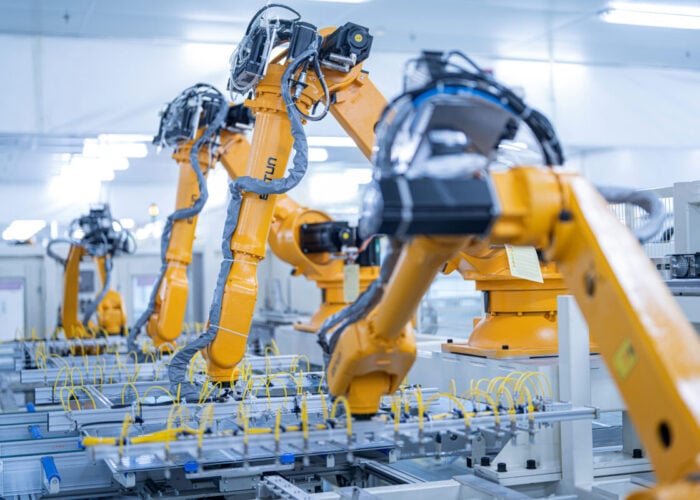
China-based high-purity polysilicon producer Daqo New Energy has reported that in the first quarter of 2020, the average total production cost of polysilicon was reduced to US$5.86/kg, down from US$6.38/kg in the previous quarter, a new industry record.
The company noted that the significant cost reduction in such a short period was due to growing economies of scale, as polysilicon production also reached a record 19,777MT (metric tonnes) for the quarter. The quarter also saw Daqo attain full production of its Phase 4A capacity expansion project.
Unlock unlimited access for 12 whole months of distinctive global analysis
Photovoltaics International is now included.
- Regular insight and analysis of the industry’s biggest developments
- In-depth interviews with the industry’s leading figures
- Unlimited digital access to the PV Tech Power journal catalogue
- Unlimited digital access to the Photovoltaics International journal catalogue
- Access to more than 1,000 technical papers
- Discounts on Solar Media’s portfolio of events, in-person and virtual
Or continue reading this article for free
Also contributing to the record were low production costs. Production process were further optimised, with those said to have exceeded original expectations. This included a per unit electricity usage reduction of approximately 7% compared to the previous quarter and a reduction of approximately 10% as compared to the prior year period, according to the company.
However, expectations of further polysilicon production cost reductions in the second quarter of 2020 are highly unlikely.
Due to demand constraints brought on by the COVID-19 pandemic creating ASP (Average Selling Price) pressure across the sector, Daqo’s polysilicon ASP averaged US$8.79/kg in Q1.
Daqo's major customers such as LONGi Green Energy and JinkoSolar have also significantly reduced polysilicon inventory due to global demand issues, according to the company.
As a result, and industry practice, annual production maintenance for part of its major Xinjiang facility will be undertaken in Q2. However, with capacity at record highs, facility maintenance is to be enacted in phases.
Daqo only expects to produce approximately 13,500MT in Q2 and sell in the range of14,500MT to 15,500MT in the quarter. Therefore, production costs are expected to be higher as economies of scale will be lower.







